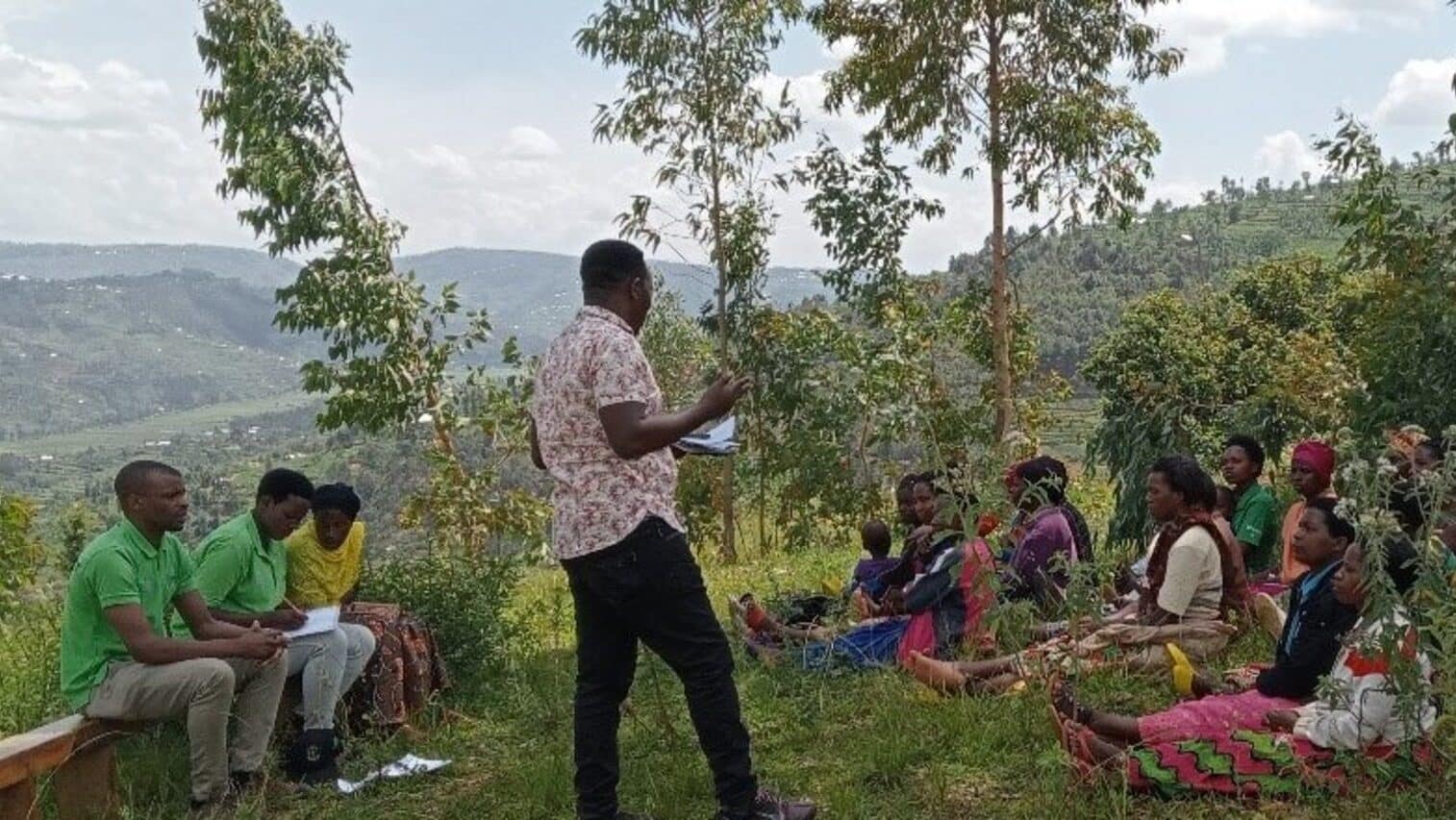Olive Mutimanama (37) lives with her parents and her two children in the Karambo cell, Ngoma sector[1], north of Rwanda’s capital. With the profits from selling crops back in 2005, she invested into a goat. She then continued to invest in a dairy cow and paid for her training as a hairdresser. Eventually in 2020, she ventured into growing tomatoes and was able to harvest 80 kg per season, in the three acres her family had. Growing tree tomatoes was a tipping point, providing Olive with funds to buy land for small scale agricultural expansion. Nowadays, she can afford health insurance and pay school fees for her children. Olive participates in a saving group promoted by the Albertine Rift Conservation Society (ARCOS) a regional conservation organisation focusing on biodiversity conservation, and promotes tree tomato as a profitable enterprise for women.
Like many other Rwandan women, she has multiple business ventures. She is busy with her agricultural business and working as hairdresser, combined with household chores, taking care of her parents and looking after her children.
However, unlike Olive, most rural women in Rwanda do not have such a prominent role: they remain underrepresented in many agroforestry value chains and they face significant challenges in terms of accessing land, farm inputs, equipment, training, finance and market channels as well as lacking time due to household chores and child care[2]. A study commissioned by FAO and the WFP (World Food Programme)[3] showed that female entrepreneurs mostly operate in the informal and lower value-added agricultural sector, such as local retail and home-based businesses. Moreover, women tend to be limited to growing food crops for consumption (such as beans, cassava or potato), while men engage in cash crops for the market (such as avocado, mango, coffee, tree crops or passionfruit) that generate higher incomes but require better access to finance and equipment. This is reflected also in the ownership of businesses: in rural areas men own 83% of enterprises, while women own only 17%[4]. At household level, important decisions are taken by the male head of households[5], a finding that was verified by stakeholder interviews in the field.
To reduce these gaps, the government of Rwanda supports policies to increase gender equality and promote economic inclusion of women, putting Rwanda first place in the Sub-Saharan Africa regional ranking of the Global Gender Gap Index published annually by the World Economic Forum (2022). 30% at least of any decision-making organs will be women according to the Rwandan constitution[6]. Yet, according to the National Gender Strategy, representation of women in local government, private sector, media, CSOs and in security organs is still low.
Improving women’s participation and promoting women’s economic empowerment through business environment reforms is one of the objectives of the ICR Facility. The ICR Facility is supporting the Rwanda Forestry Authority to identify and develop promising value chains for women and men smallholders involved in their implementing partner ARCOS’ Agroforestry for Livelihoods Project.
ARCOS[7] has invested much effort into fostering gender equality and empowering women in the context of natural resource management and agricultural development. ARCOS has already established 700 community groups, with a target of establishing 1,000 by the end of 2023 under the Agroforestry for Livelihoods Project. Women represent 60% of community groups’ members and youth 40%. ARCOS introduced guidelines to ensure that at least 40% will be women in group governance and that in trainings at least 50% will be women.
As part of the ICR Facility’s project, in November 2022, consultants conducted interviews across 15 agroforestry value chains[8] in the Rulindo and Bugesera regions with 29 key informants[9] (7% of which were women) and with 165 producers organized in 9 focus groups (72% of which were women). Two of these focus groups were with women only (60 women in total) and two with youth only (37 in total). Women met participated in all value chains, although roles differ according to traditions and capabilities (men tend to do more physically demanding jobs). Community groups, government bodies, and large and small companies interviewed were familiar with the topic of gender and many had a gender strategy in place (ensuring at least that women are involved with management/upper level decisions).
Some of the anecdotical takeaways from both Rulindo and Bugesera meetings regarding the role of women and men include:
- While interviewed women and men agreed that family decisions are discussed jointly, men take the final decision.
- Women tend to be more involved in household responsibilities, putting a large share of the work burden on them.
- Women are often not able to attend trainings and meetings due to their household and family duties.
- Men are expected to look for alternative forms of income outside the house/farm.
- Men tend to work in jobs that require more physical strength (transport, tree harvesting, animal husbandry).
- Division of tasks is based on traditions. For instance, women traditionally take over tasks related to the household, such as looking after cattle or fetching water. As an exception only men are allowed to milk cattle due to traditional beliefs. Women traditionally tend to take care of food and family nutrition, while men tend to work for cash income.
Women, especially when they have children, have limited working hours and have difficulty attending trainings:
- Women’s groups met consistently reported that women with small children find it difficult to attend trainings and have limited working hours. They requested anything that could make them have more time available and thus allow women to better participate in trainings or increase the time available for other work.
- Time-saving strategies and technologies were requested, such as cookstoves that would reduce time spent in the kitchen, or water storage facilities or sources that are closer from home.
- The women met emphasized they appreciated the opportunity to speak more freely as a group of women.
These findings will inform the project’s gender strategy, to provide equal opportunities for women and men and allow more entrepreneurs like Olive to reach their full potential.
More information about the project can be found HERE
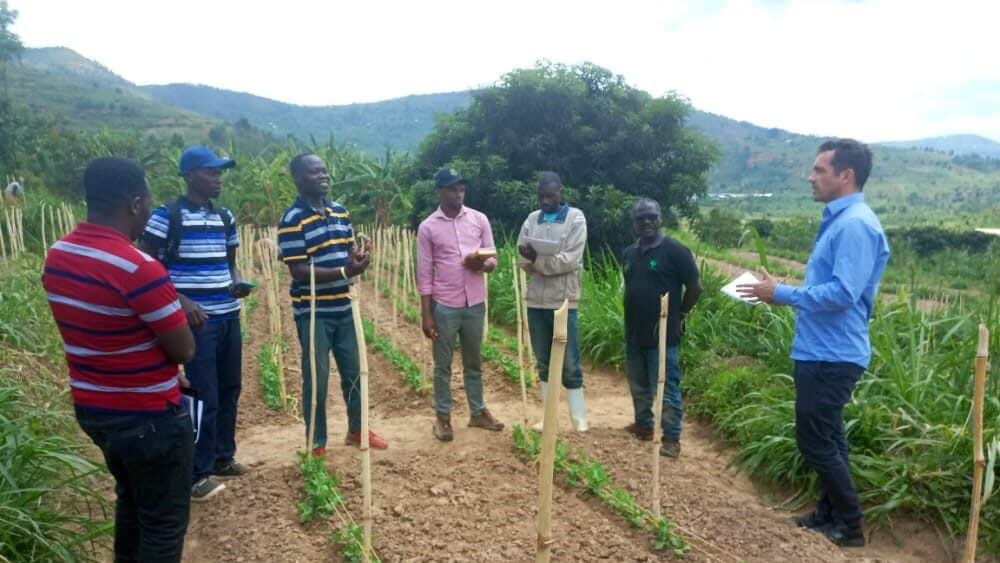
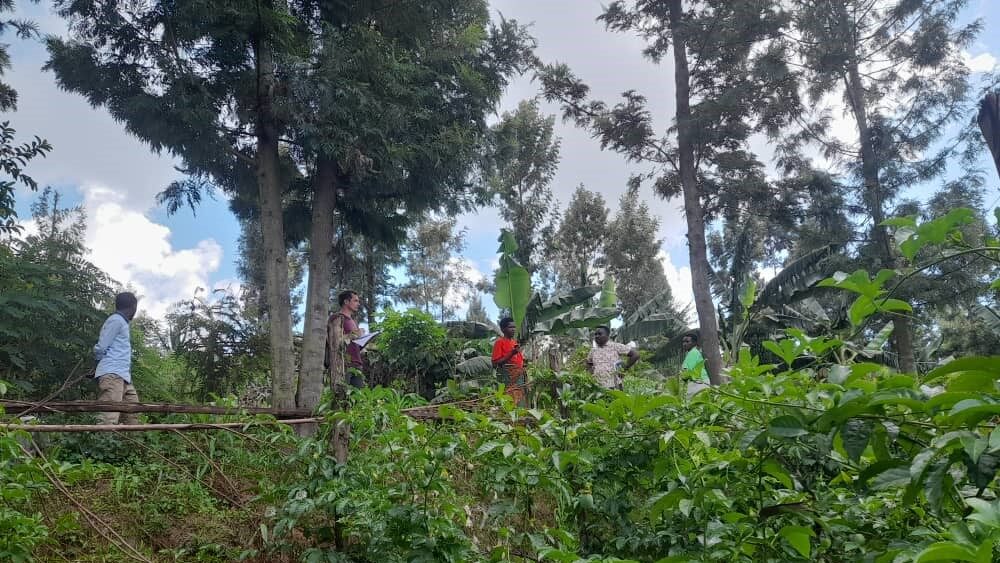
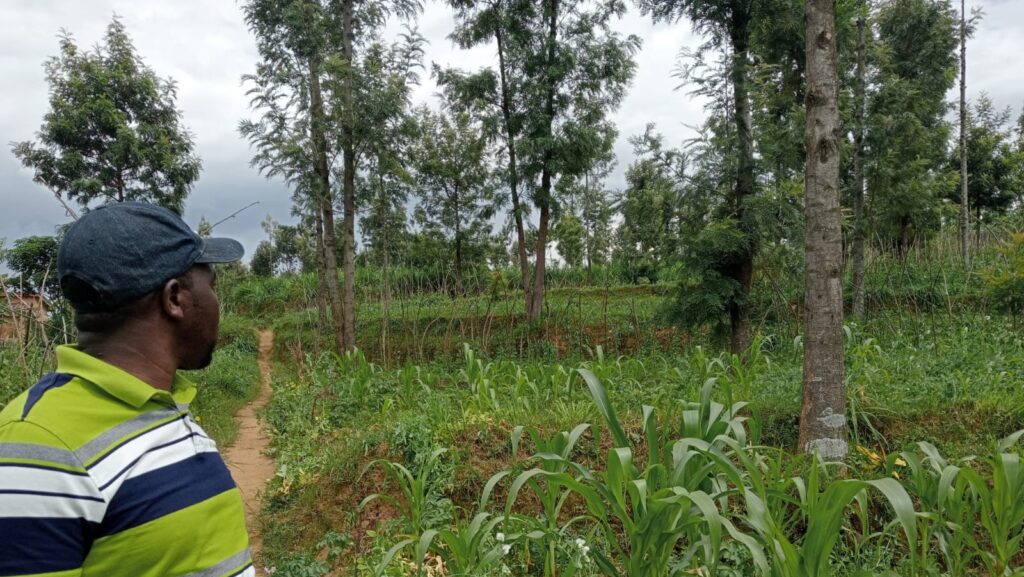
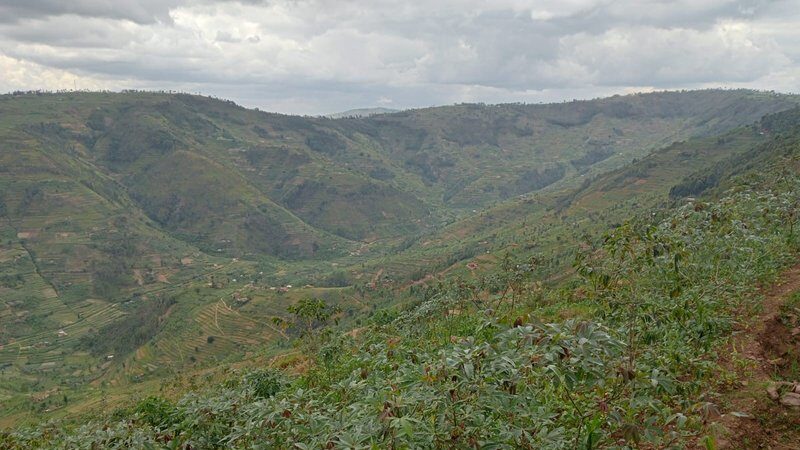
This publication is part of an intervention supported by the Investment Climate Reform (ICR) Facility. The ICR Facility is co-funded by the European Union (EU), the Organisation of African, Caribbean and Pacific States (OACPS) under the 11th European Development Fund (EDF), the German Federal Ministry for Economic Cooperation and Development (BMZ) and the British Council. The ICR Facility is implemented by GIZ, the British Council, Expertise France, and SNV. The contents of this publication are the sole responsibility of the author and do not necessarily reflect the views of the donors or the implementing partners.
